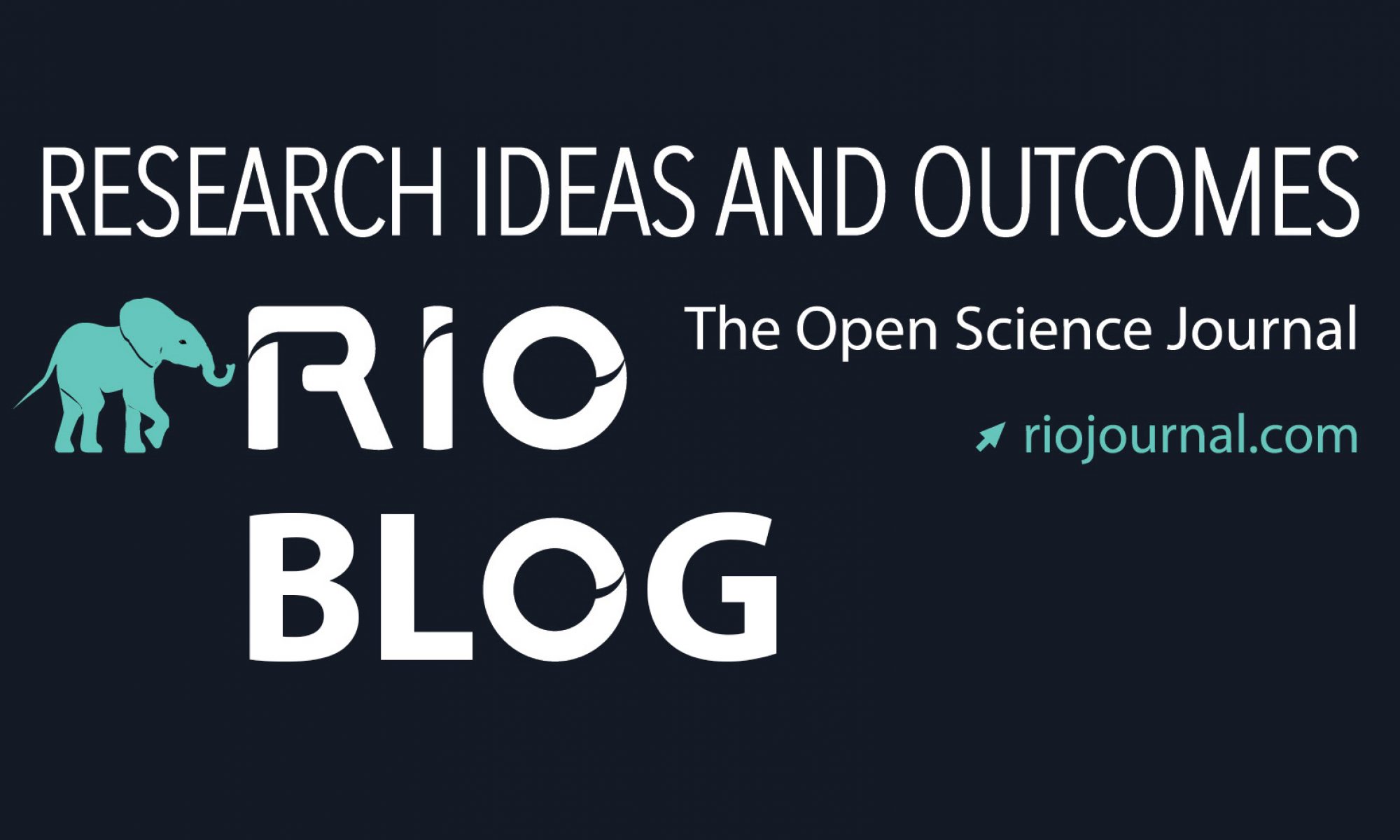Peer Review Week is coming and this year’s topic “Recognition for Review” is rather close to our hearts!
Developing the concept of RIO, among our central goals was to create a workflow that allows scientists – authors, reviewers and editors alike – to get the maximum credit for their work.
RIO implements one of the most transparent peer review processes, allowing authors to choose from several peer-review options.
The journal offers the unique opportunity for pre-submission peer review, where authors can invite mentors, colleagues and fellow scientists to review the manuscript and contribute, still during the authoring process.
Additionally, we power post-publication peer review, where all registered users have the option to publicly review journal articles.
RIO, alongside all other Pensoft journals, is also proud to highlight its partnership with Publons and showcase our commitment to honouring the efforts of our expert peer reviewers.
As part of Peer Review Week 2016, we support Publons in their excellent Sentinels of Science Awards initiative, which will put the spotlight on the most prolific heroes of peer review over the past year.
Just like us, Publons recognize that bad science slows down the rate of discovery. Expert peer reviewers protect us from bad science. These efforts on the front line help us in finding cures, develop innovative technologies and realise human potential.
To get recognized for your contributions to speeding up science this Peer Review Week Sign up to Publons now and effortlessly track, verify and showcase every review you do for RIO, all other Pensoft titles, and across the rest of the world’s journals.
*
For more information visit: https://blog.publons.com/unveiling-the-sentinels-of-science-for-prw16/




